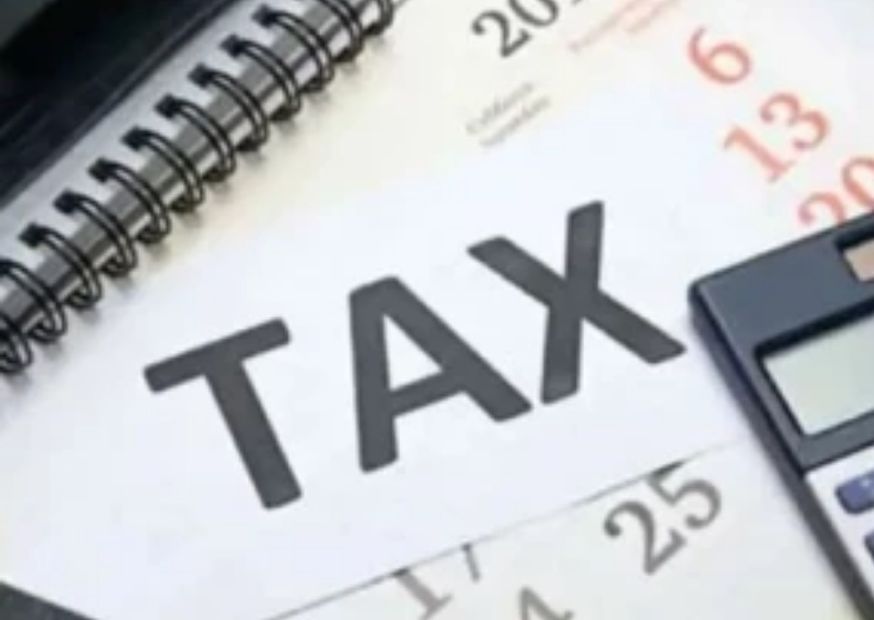ISLAMABAD: Economists are calling for a bold shift in Pakistan’s fiscal strategy, arguing that lower tax rates — not higher ones — could be the key to unlocking long-term economic growth and private investment.
A recent analysis has revealed that Pakistan’s high effective tax burden is discouraging capital formation and redirecting surplus income toward consumption rather than production. In fiscal year 2024-25, total consumption reportedly reached nearly 100 percent of GDP — the highest in the country’s history — underscoring the lack of productive investment and expansion in industrial capacity.
According to estimates, salaried individuals collectively paid around Rs545 billion in income tax, while the corporate sector contributed roughly Rs2.5 trillion. However, just 0.5 percent of companies were responsible for more than 80 percent of corporate tax payments, exposing a narrow tax base heavily reliant on top-tier earners and large businesses.
Policy experts suggest that a five-percentage-point reduction in both corporate and salaried tax rates could release as much as Rs453 billion in additional after-tax income — with Rs293 billion from corporate savings and Rs160 billion from salaried earners. If even 70 percent of that capital is reinvested, it could mobilize nearly Rs800 billion in new productive assets, assuming a balanced mix of debt and equity financing.
The proposal also includes an “investment-in-lieu-of-tax” mechanism — allowing businesses to channel tax savings directly into new ventures that enhance local production, exports, and job creation. A time-bound incentive structure, experts say, could accelerate industrial expansion without deepening fiscal deficits.
Still, the idea faces practical challenges. Any tax reduction would initially shrink government revenues, potentially affecting federal-provincial revenue sharing under the National Finance Commission (NFC) framework. Analysts argue that structural reforms and improved compliance would be essential to offset the short-term fiscal gap.
Economists warn that relying solely on debt-driven public spending or consumption-boosting subsidies will not deliver sustainable growth. Instead, Pakistan needs a transition toward investment-led expansion, supported by a stable tax regime that rewards savings, formalization, and productivity.
If implemented effectively, the policy could transform Pakistan’s economic outlook — shifting the country from a consumption-heavy economy to one powered by private capital and innovation.
This story has been reported by PakTribune. All rights reserved.



